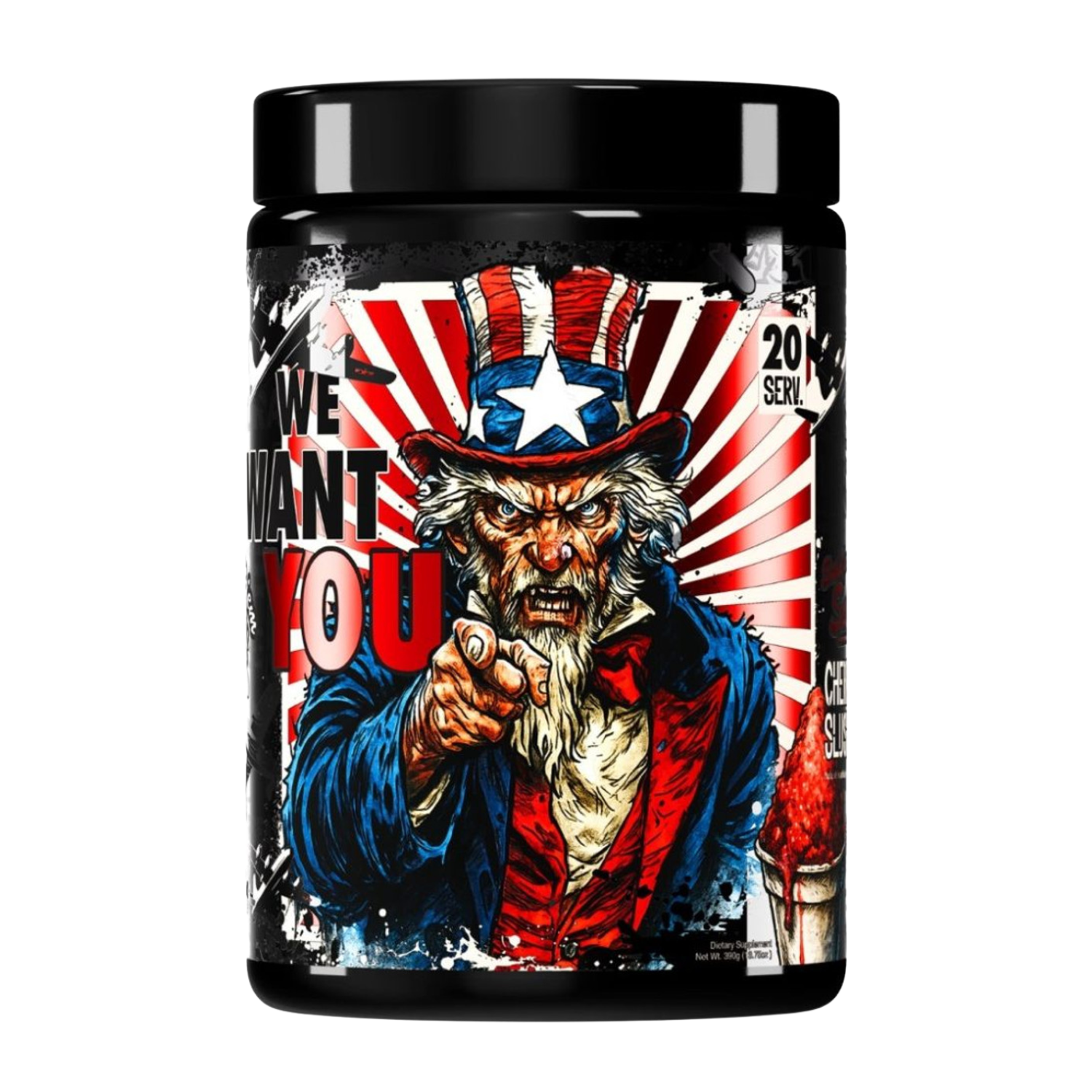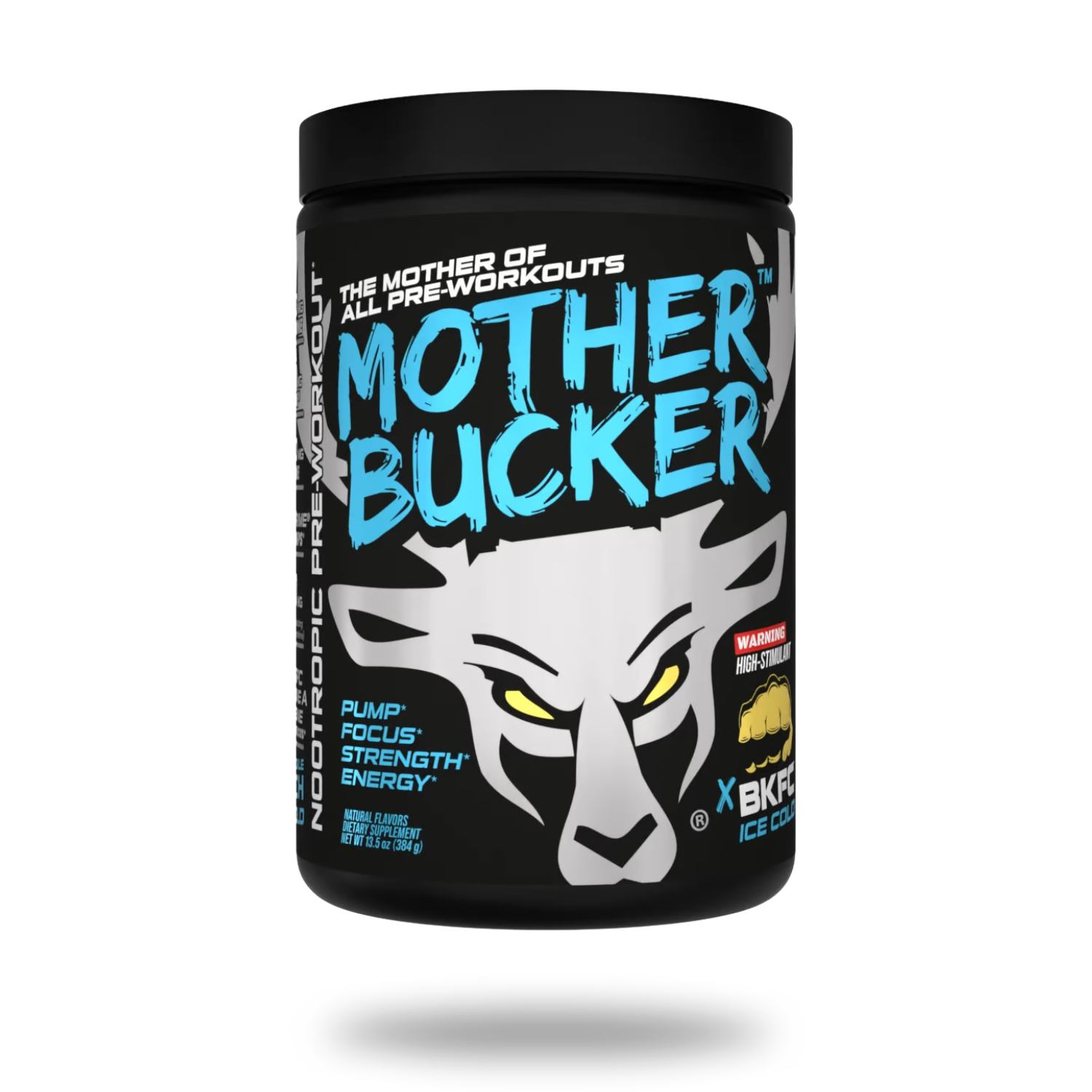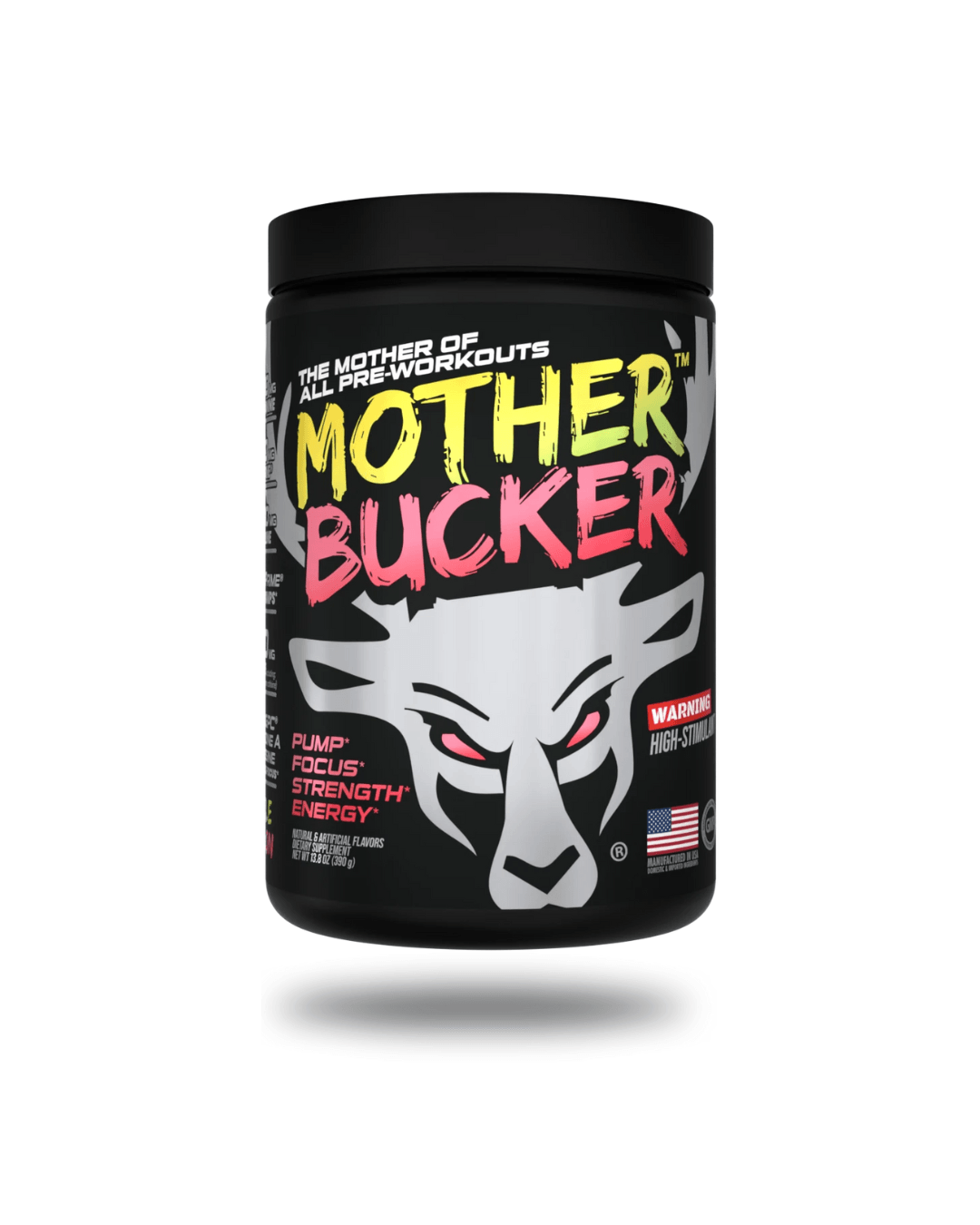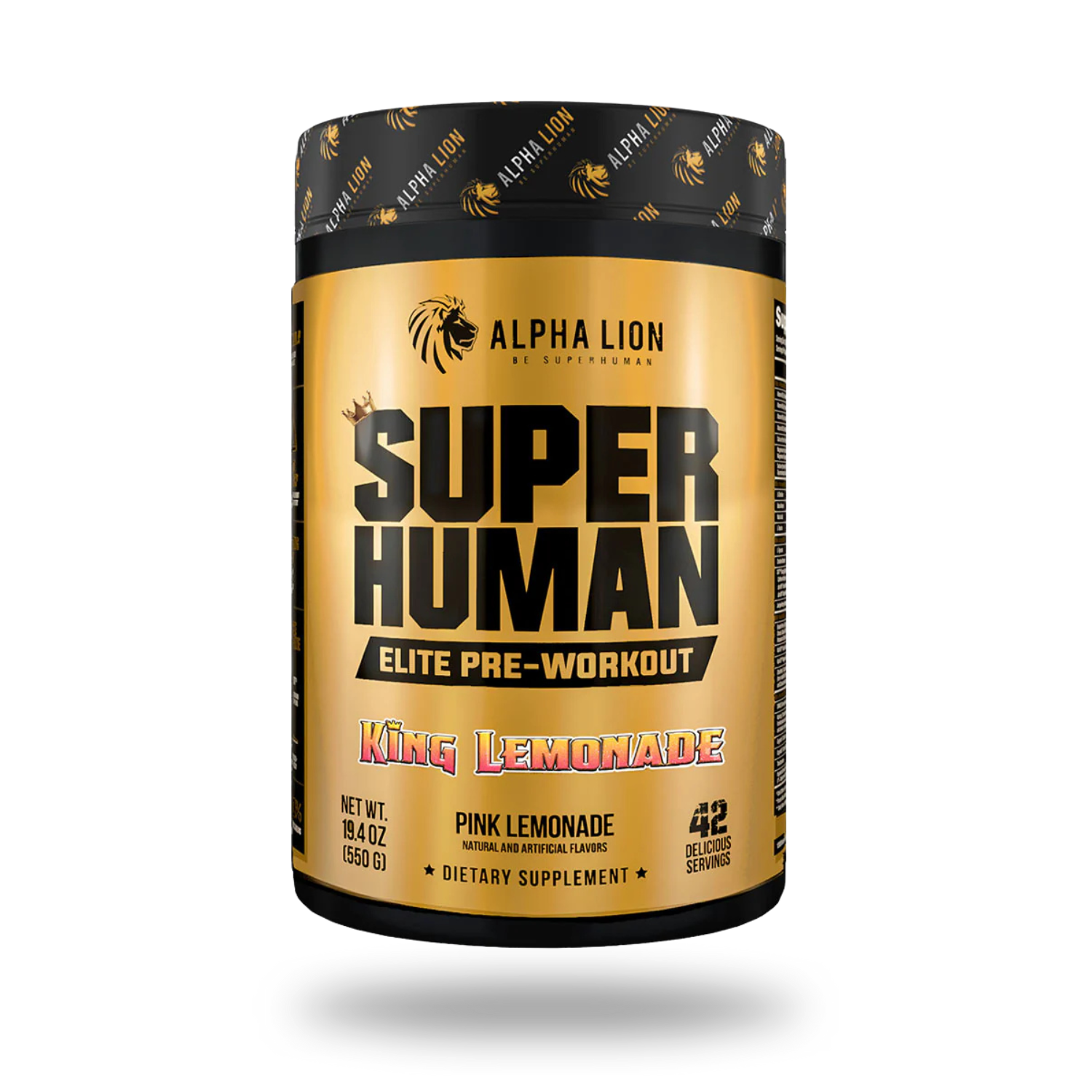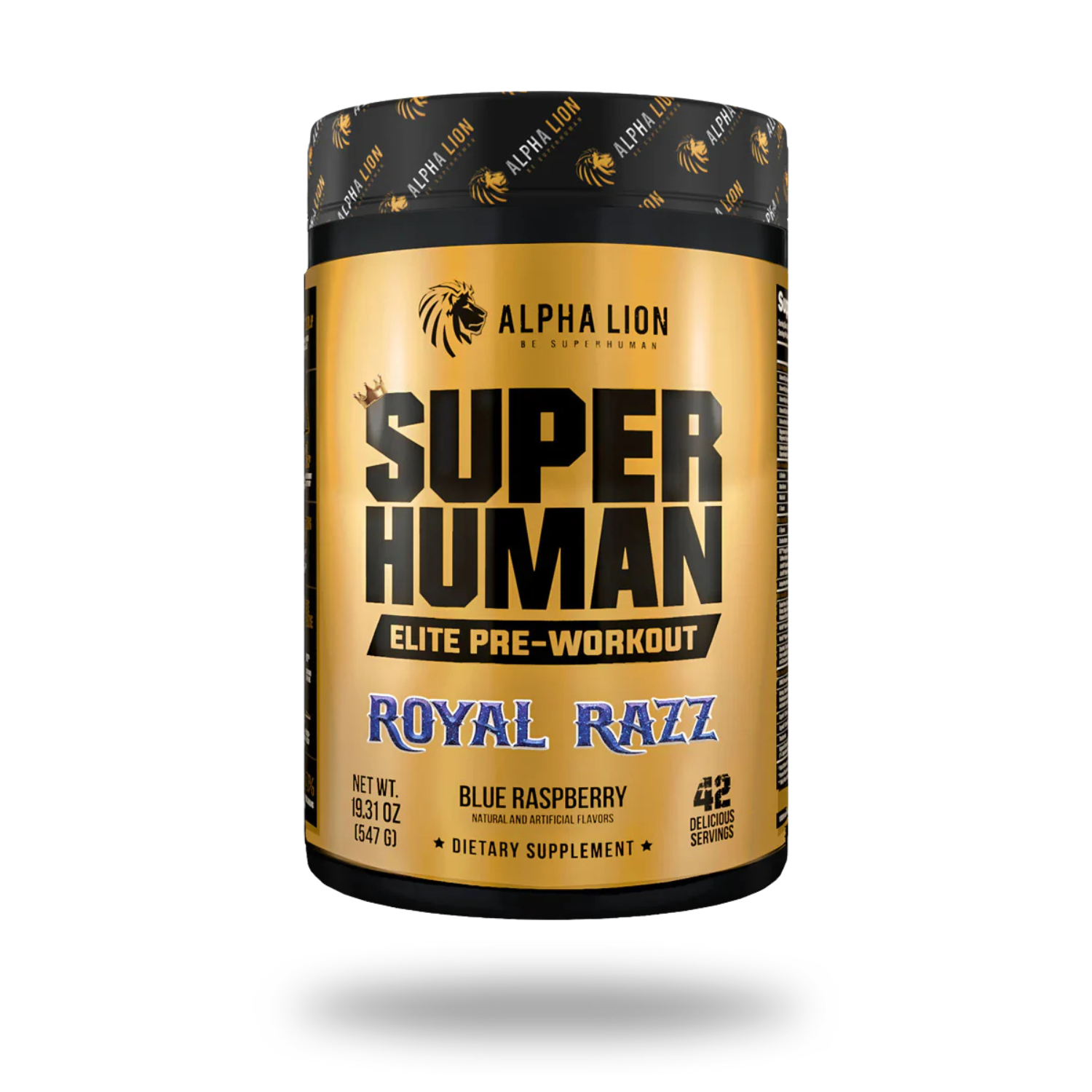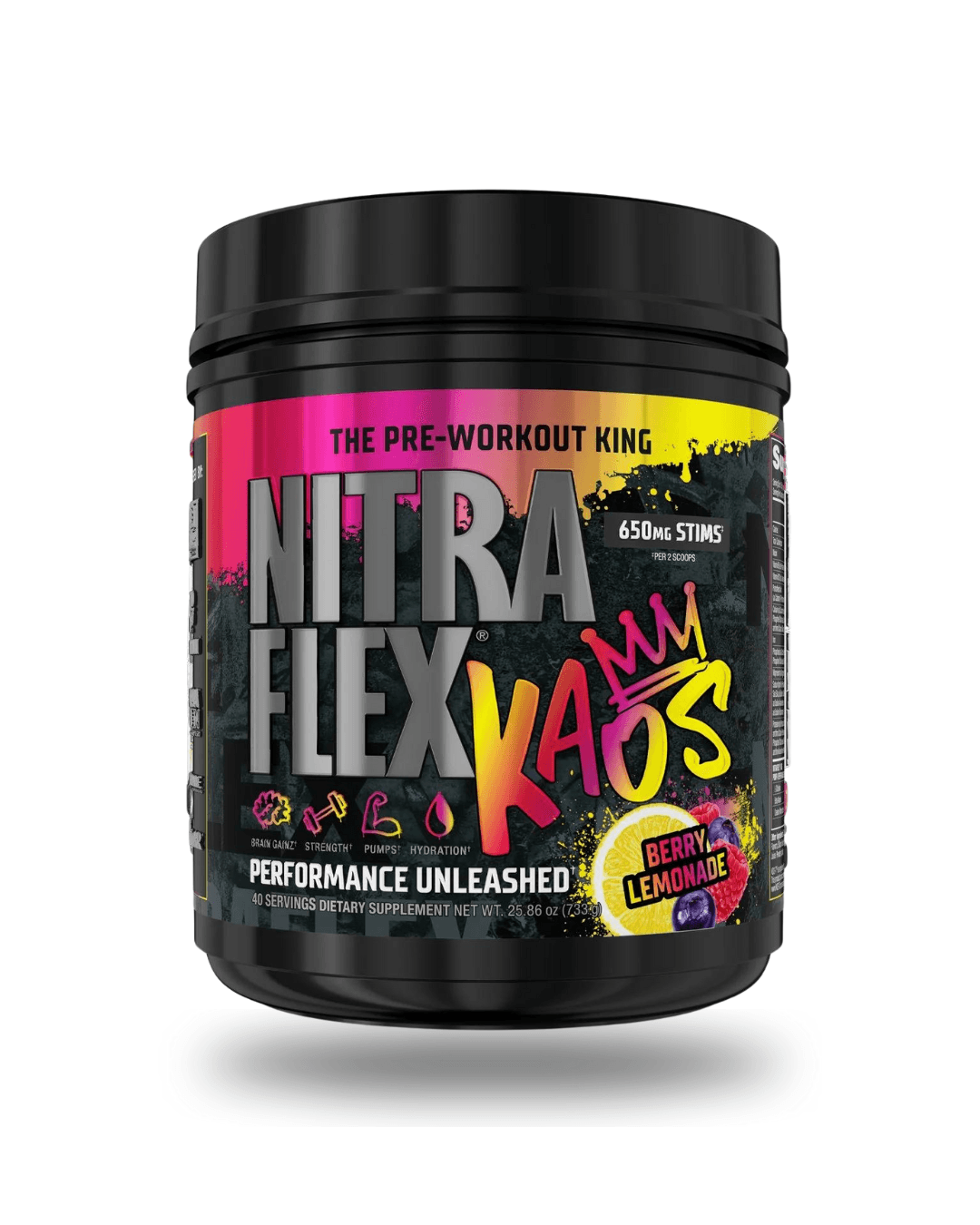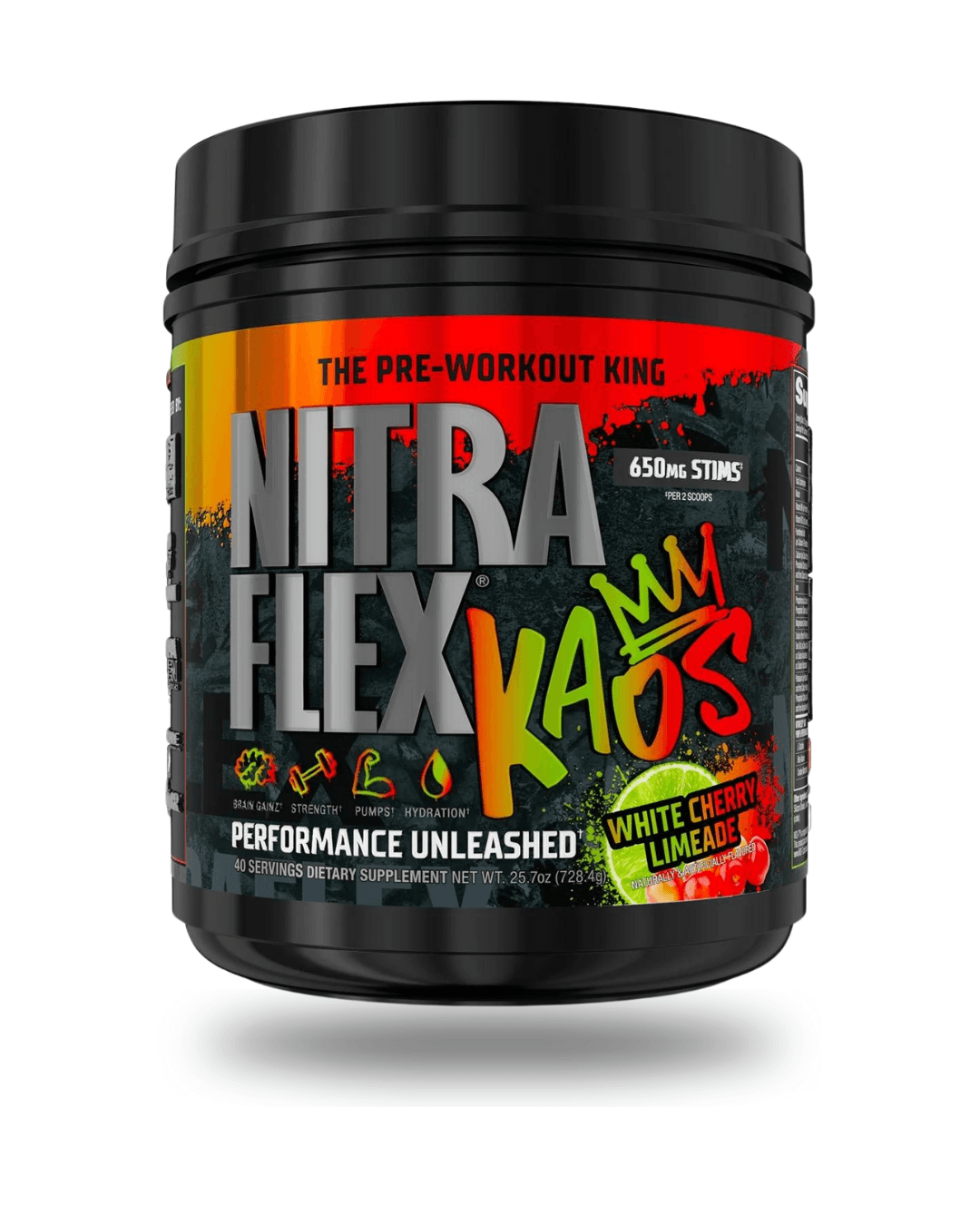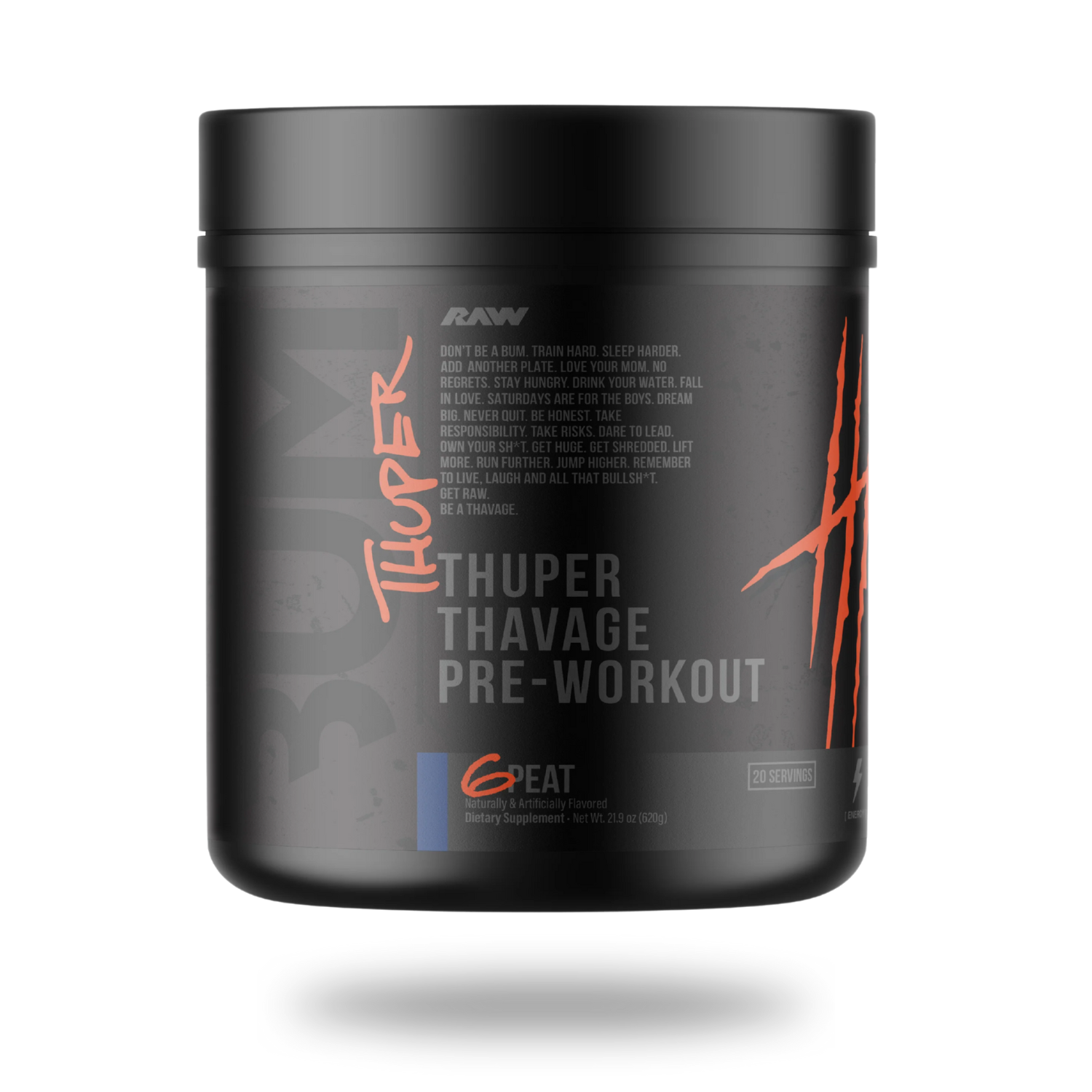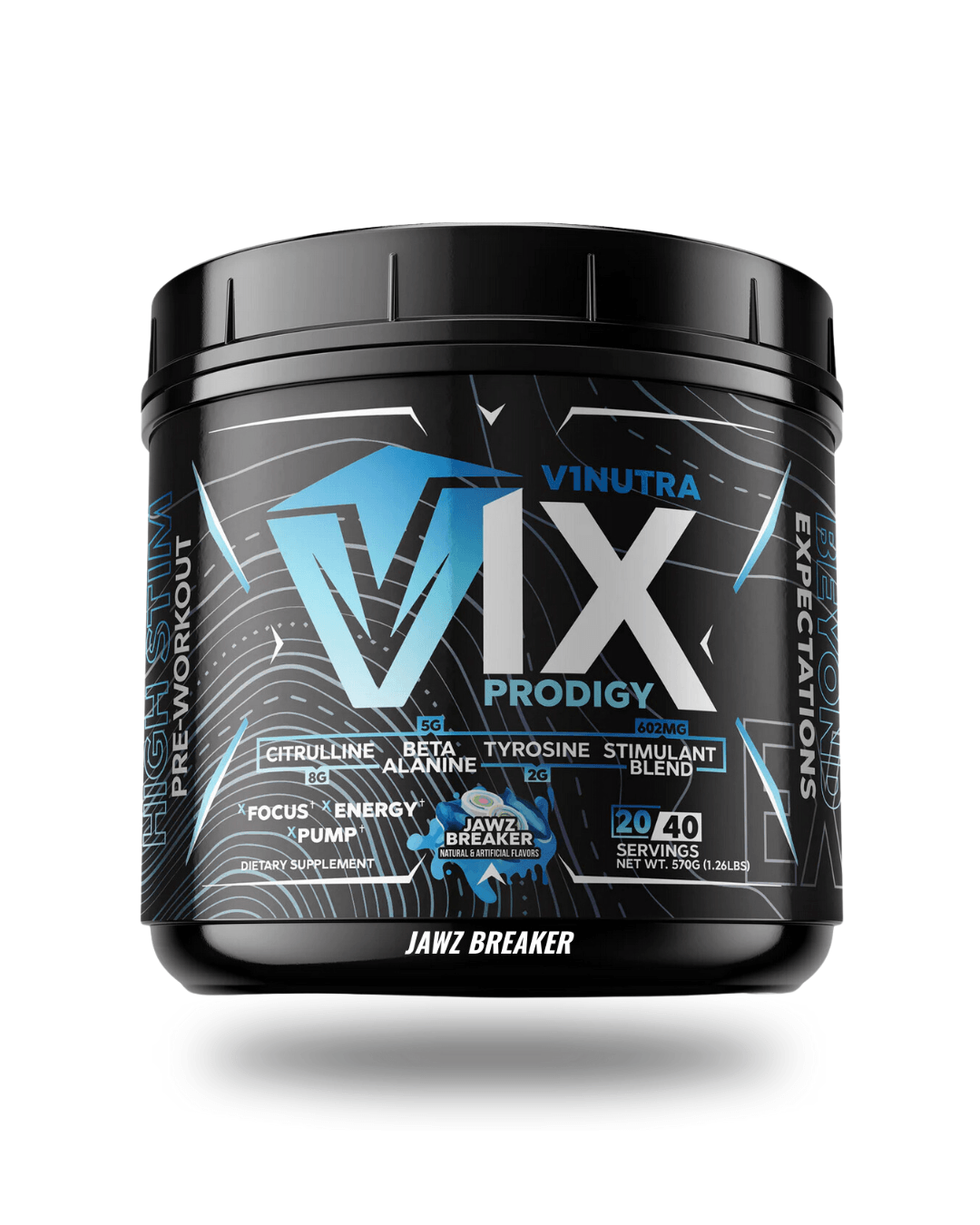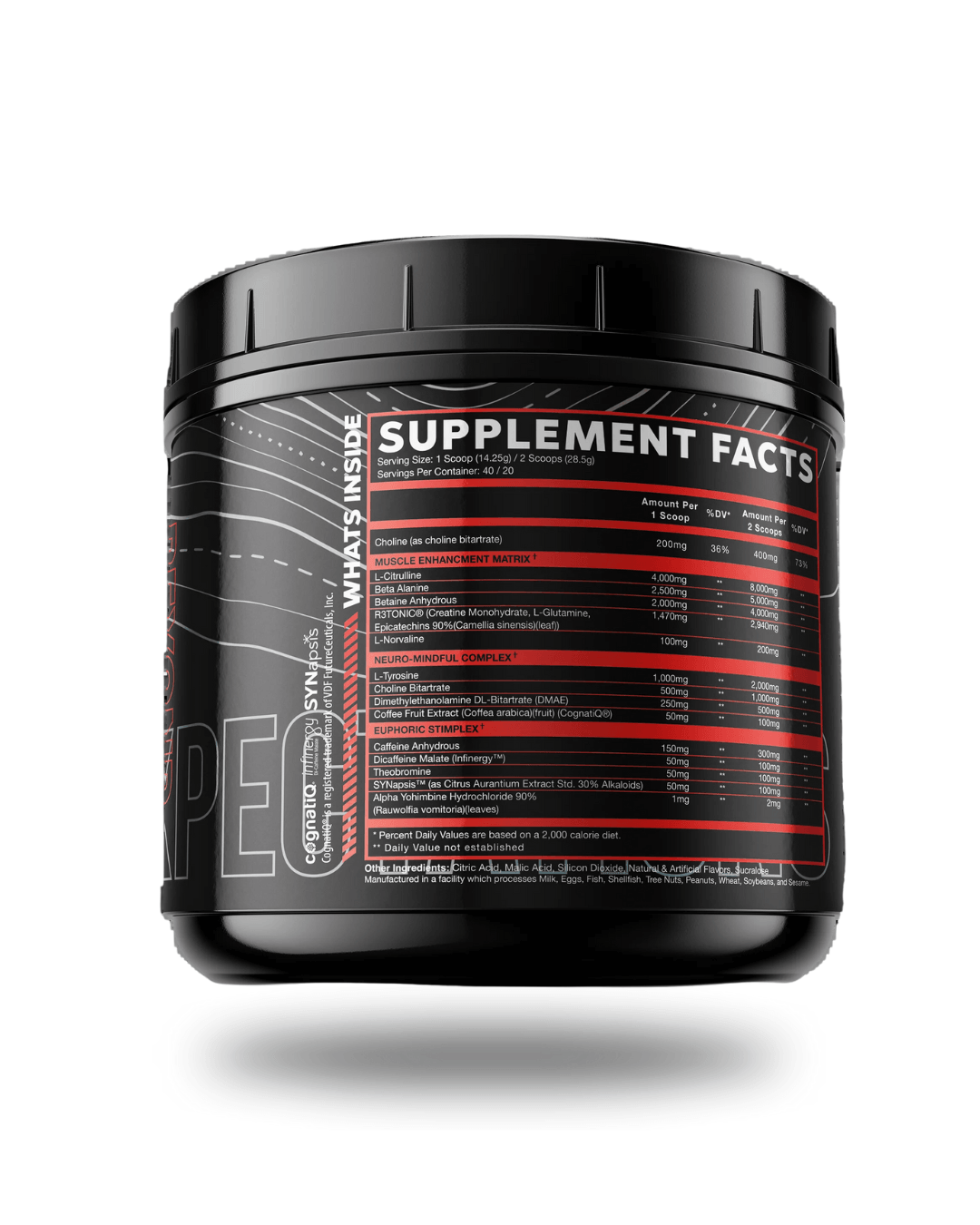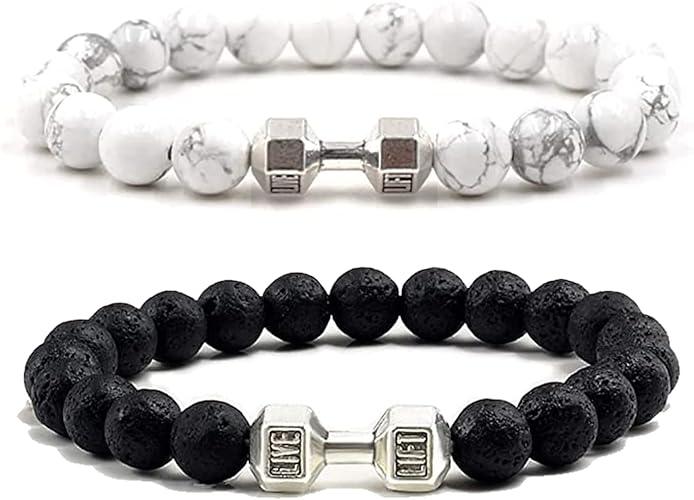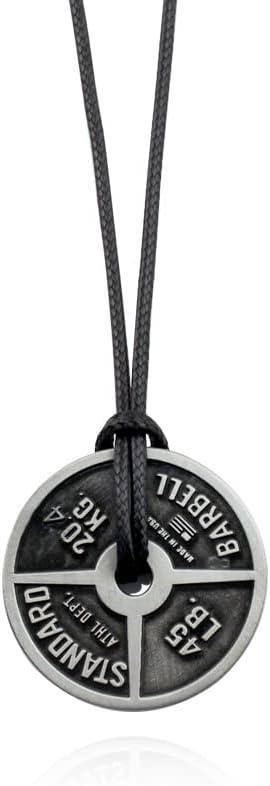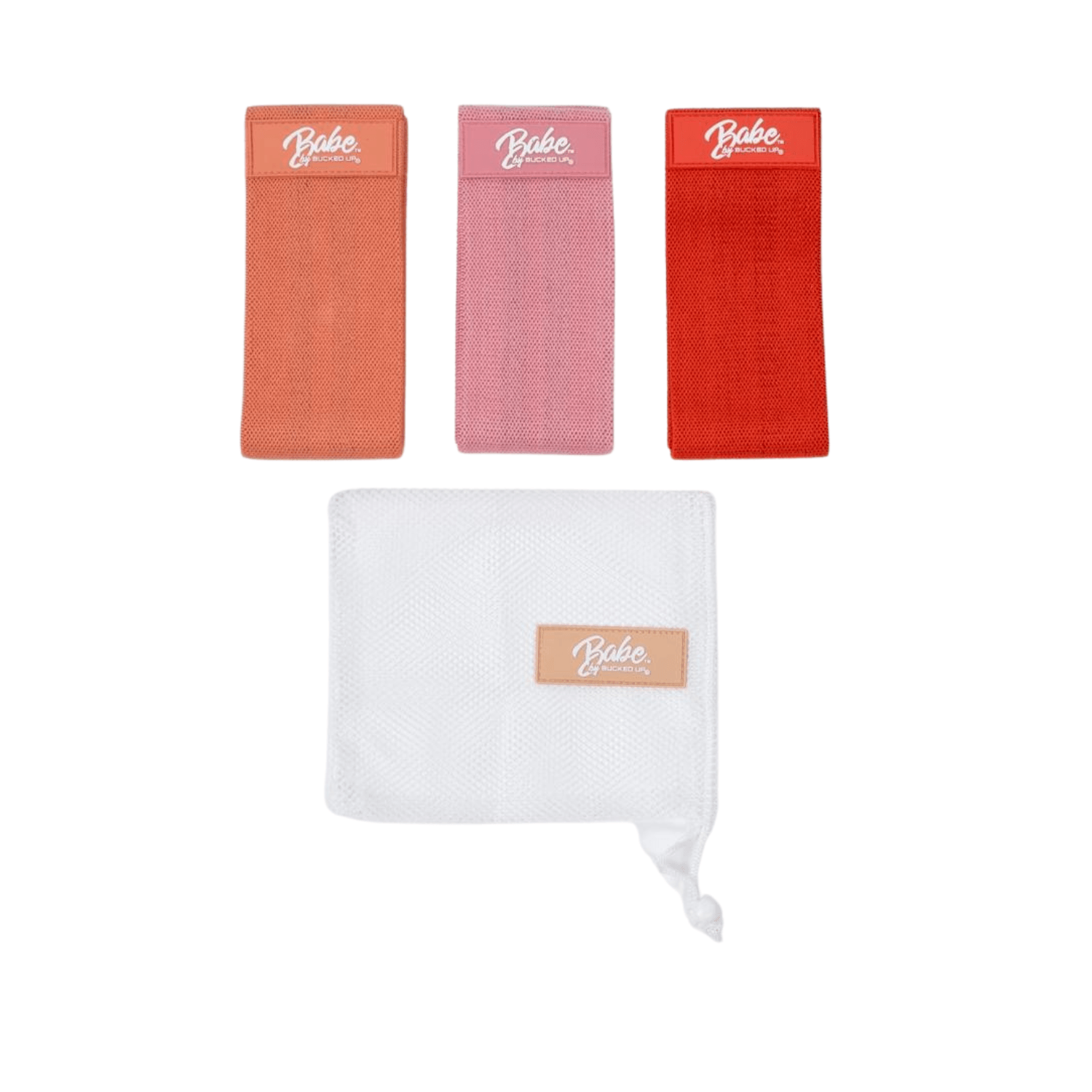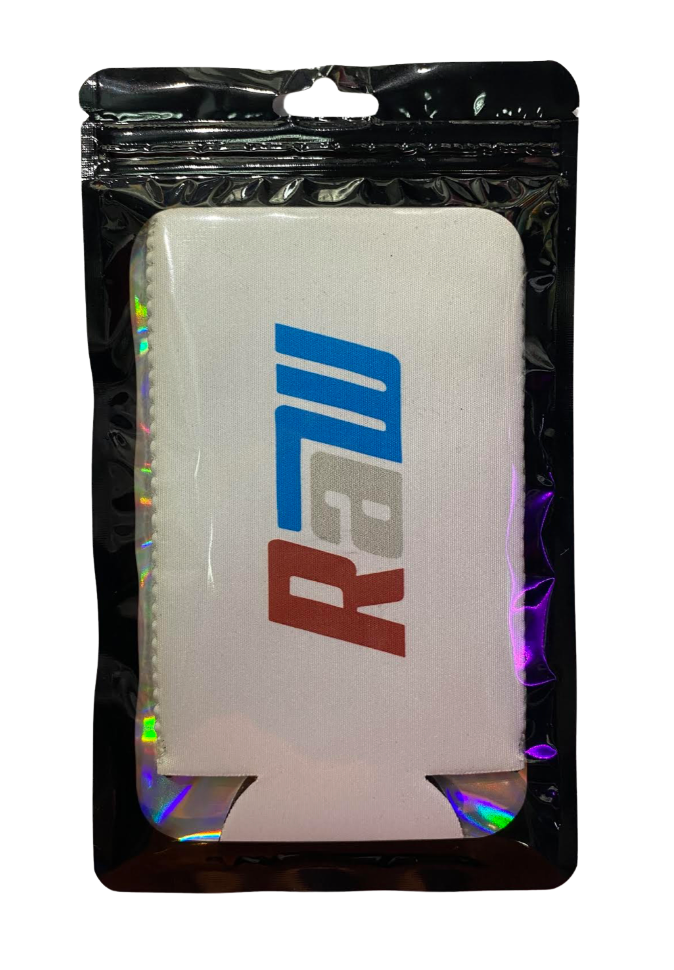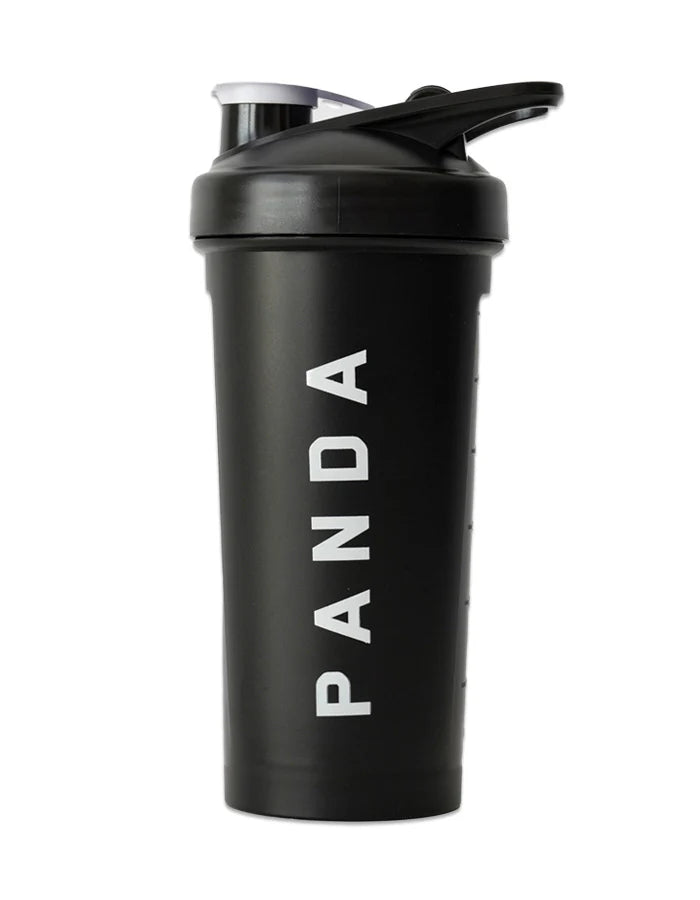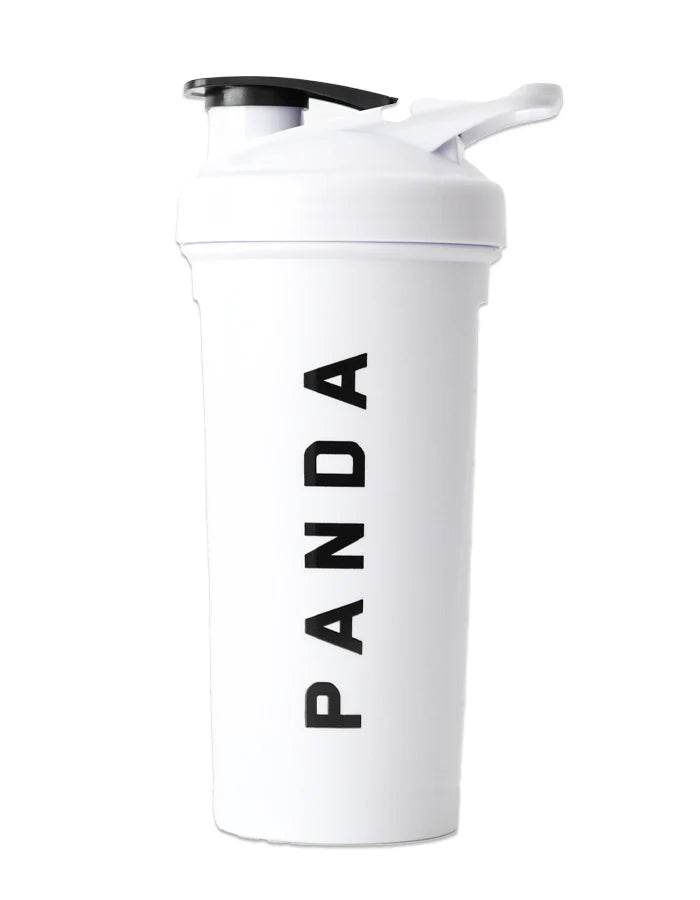Description
Collagen and its many types are by far the most plentiful protein found in the human body. It makes up the body’s skeletal framework as well as provides integrity to ligaments, tendons, and other connective tissues found inside the body. It is also a primary component of healthy hair, skin, nails, as well as other important structures of the body. Collagen supplementation has become increasingly popular, especially for its cosmetic benefits. When it comes to your skin, as the largest organ in the body, it relies very heavily on the presence of collagen (skin is roughly 70% collagen protein). As we age, natural collagen production begins to slow, and we have to rely on dietary sources to keep collagen levels up. Foods like chicken, bone broth, fish, citrus fruits, berries, garlic, and leafy greens contain nutrients that can stimulate natural collagen formation, but supplementing with collagen protein (and its specific types) can also be crucially beneficial.
Type I specifically benefits your skin health. One randomized, placebo-controlled clinical trial confirmed that skin aging can be addressed using nutrients, such as collagen, that are able to promote skin health. Results showed that after three months of oral intake, skin hydration, elasticity, roughness, and density all showed significant improvements. Also, since the nutrients were taken orally, a deeper dermatological activation was achieved, which can equate to a longer lasting regeneration of skin.
Type III collagen on the other hand is found in the walls of arteries and organs such as the esophagus, spleen, pancreas, and gallbladder. It can also be found in some muscle fibers. As with the skin, as we age, the structural integrity of tissues can begin to degenerate. Supplementation can provide an extra backbone of support when adequate nutrients are not being taken in to aid in supporting an optimally functioning digestive system.
Collagen protein can also be a great protein type for those who do not digest other protein powders very well. It is well tolerated by most consumers and offers another high-quality source of protein that can ultimately increase the function of digestive organs that work to break down and absorb other whole food sources and proteins. As a result, collagen protein can arguably be seen as one of the most beneficial types of protein one can consume.
You may also like
Recently viewed
Top 25 Preworkouts
Shop Top 25




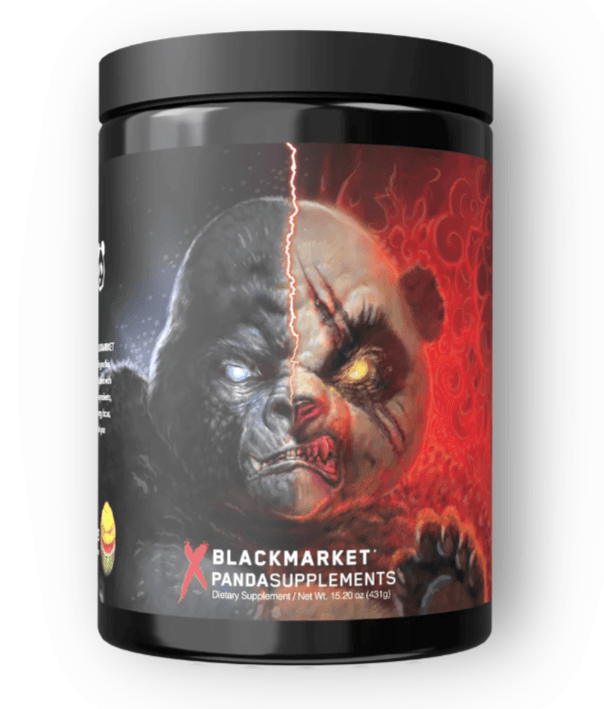




Accessories









